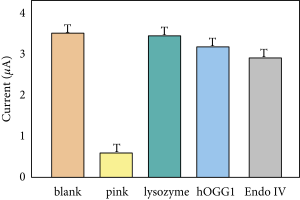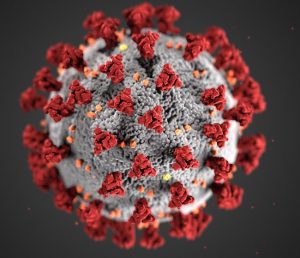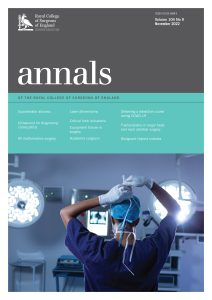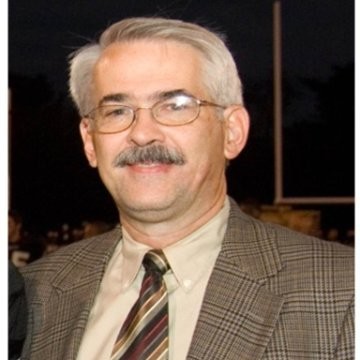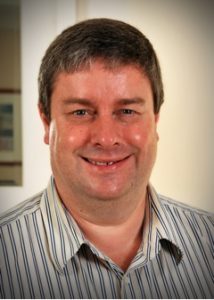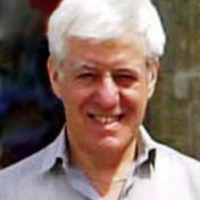A former associate professor at Purdue University faked data in two published papers and hundreds of images in 16 grant applications, according to a U.S. government research watchdog.
Alice C. Chang, whose publications and grants listed her name as Chun-Ju Chang, received nearly $700,000 in funding from the National Institutes of Health (NIH) through grant applications that the U.S. Office of Research Integrity (ORI) said contained fake data. She will be banned from receiving federal grants for a decade – a more severe sanction than ORI has typically imposed in recent years.
In its findings, ORI said Chang, who was an associate professor of basic medical sciences at Purdue’s College of Veterinary Medicine:
Continue reading Cancer researcher banned from federal funding for faking data in nearly 400 images in 16 grant applications

